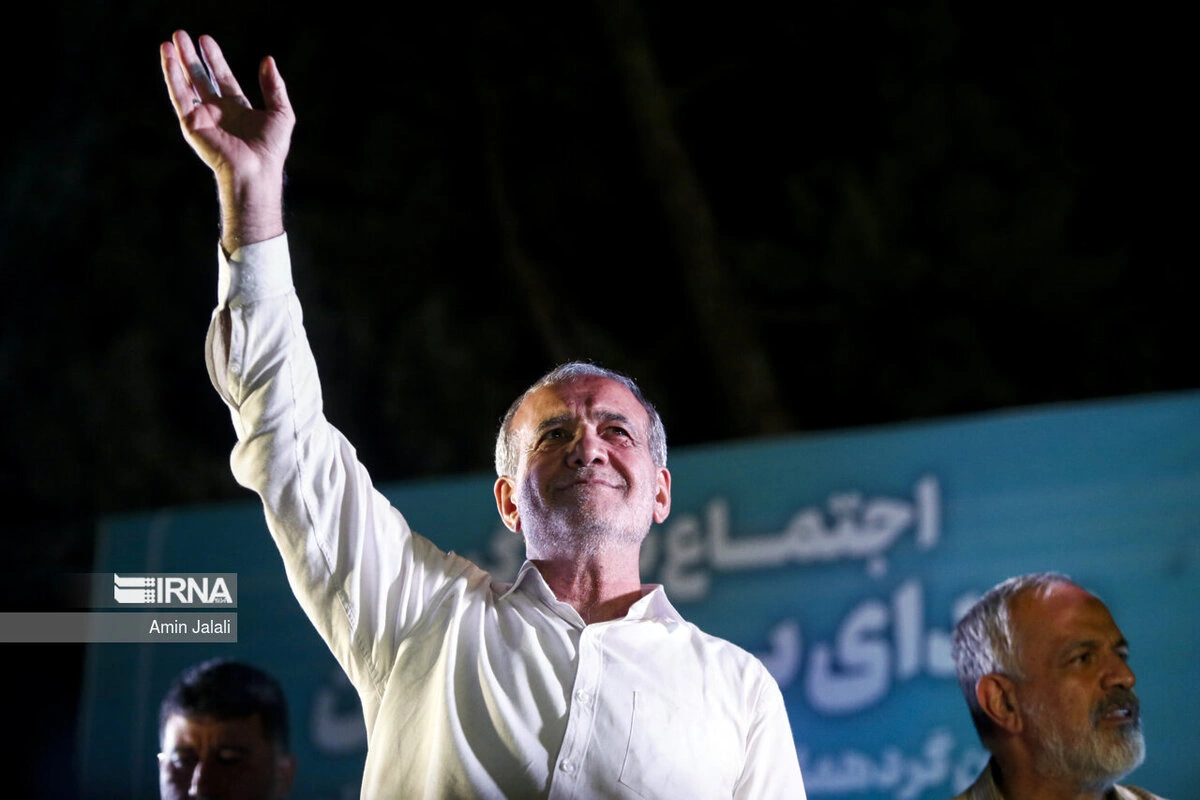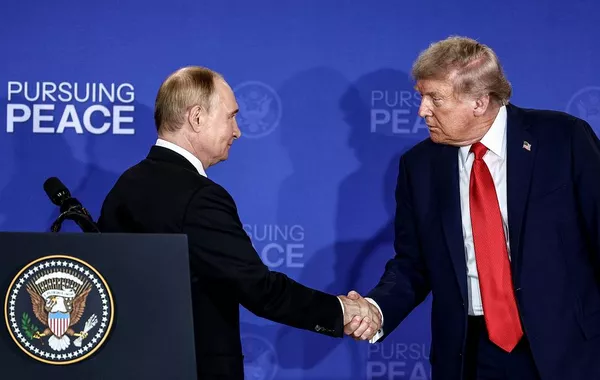
The surprise victory of ‘reformist’ candidate Masoud Pezeshkian in Iran’s presidential elections suggests a new era in Iranian foreign policy, and one that should particularly improve relations with Baku given Pezeshkian’s pride in his Turkic roots.
Image: Amin Jalali/IRNA
Relations between Azerbaijan and Iran had been fairly cordial from the 1990s until fairly recently, but they have soured seriously in the last couple of years. At one point, the neighbouring countries even appeared to be heading towards conflict: the Azerbaijani embassy in Tehran was attacked in January 2023, and troop movements near each other’s mutual borders raised geopolitical fears. The situation was not helped by Azerbaijan’s opening of an embassy in Israel, a country not recognized by Iran.
However, in December 2023, a new border bridge and checkpoint were opened to aid Russia-Iran connectivity via Azerbaijan. And in March 2024, Iran and Azerbaijan entered into what the Iranian foreign minister described as a “new chapter.”
Then, in May, all bets were off as Iran’s president, Ebrahim Raisi, died in a horrific helicopter crash on the way back from a meeting with Azerbaijani President Ilham Aliyev. Raisi’s demise meant that, according to the constitution of the Islamic Republic, elections were required to find a new president within 50 days. Few observers expected a major change of direction from any incoming new government; after all, in Iran’s form of democracy, candidates are strongly vetted before being allowed to stand. Nonetheless, against expectations, ‘hard-liner’ Saeed Jalili was defeated in the July 5 runoff vote by the most reform-minded of the original six candidates, 69-year-old former heart surgeon Masoud Pezeshkian.
Though 'reformer’ might not suggest a liberal stance in a Western sense, Pezeshkian has promised that his victory will “usher in a new chapter” for Iran. He has voiced criticism over the crackdown on social freedoms that was most vividly illustrated in 2022 by the death in custody of 22-year-old Mahsa Amini, whose only crime was uncovering more of her hair than permitted by the 'morality police’.
Pezeshkian also campaigned with a foreign policy message of being “neither anti-west nor anti-east,” calling for negotiations to end the long-running nuclear standoff caused by ex-US President Trump’s unilateral 2018 withdrawal from the previous JCPOA agreement.
How quickly Pezeshkian can realistically move to improve Tehran’s notoriously frosty relations with Washington remains to be seen, but for Azerbaijan, another important facet of his election is that Pezeshkian is ethnically Azerbaijani and was happy to state his pride in his Turkic heritage during the election. Given the sentiment of Farsi-first chauvinism experienced by many Azerbaijani-Turks in Iran, this has raised hopes for the future, and already, Baku-Tehran relations seem to be warming rapidly since the election.
Azerbaijan’s foreign minister, Jeyhun Bayramov, expressed optimism that his country “expects more active development of relations with Iran after the inauguration of the new president.”
The first tangible signs of such improving bilateral relations are widespread rumours in the Iranian press that Baku intends to appoint a new ambassador to Tehran in the next couple of weeks and that many previously agreed projects between the countries will now be prioritized.
Share on social media
